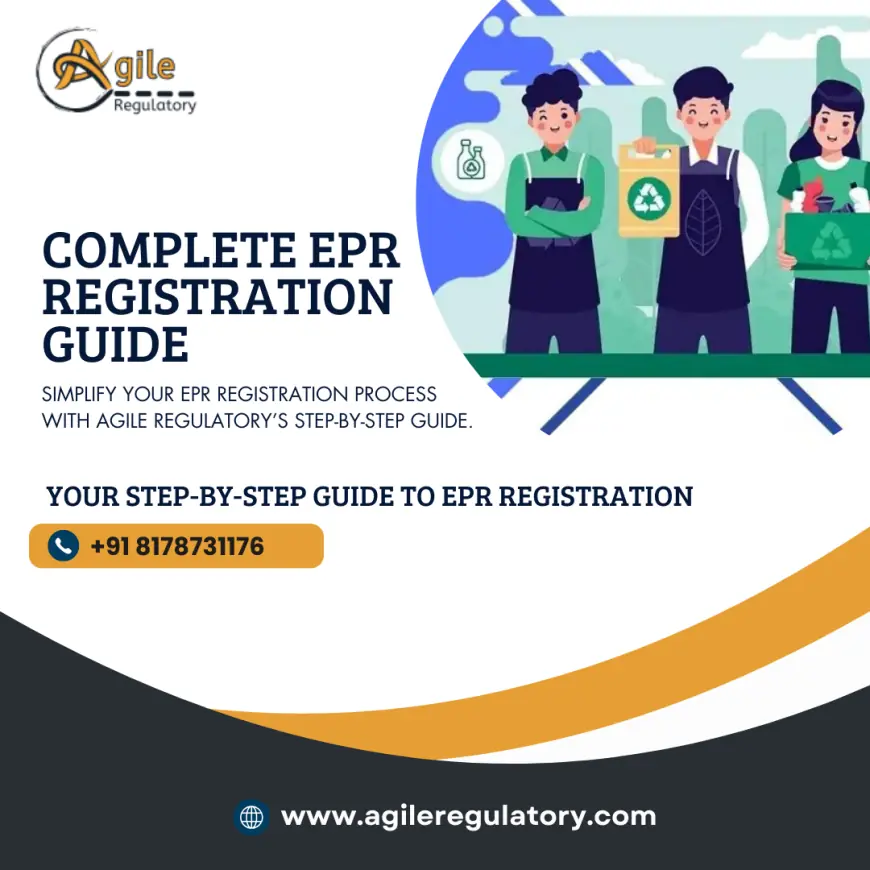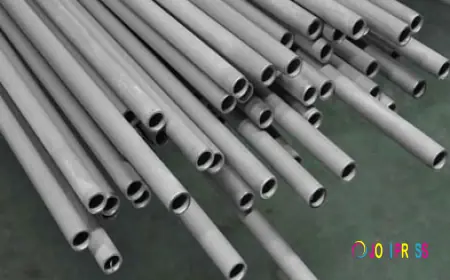Navigating the Circular Economy: A Strategic Guide for Modern Plastic Manufacturers.
In recent years, the global emphasis on sustainability and environmental responsibility has gained unprecedented momentum. For plastic manufacturers, this shift presents both challenges and opportunities. The circular economy—a system aimed at minimizing waste and making the most of resources—is becoming a crucial framework to adapt to. Transitioning from the traditional linear “take-make-dispose” model to a circular approach can enable plastic manufacturers to improve sustainability, reduce costs, and enhance their brand reputation.

Understanding the Circular Economy
The circular economy focuses on designing out waste and pollution, keeping products and materials in use, and regenerating natural systems. For plastic manufacturers, this means rethinking how plastic products are designed, produced, used, and recycled. Instead of producing single-use plastics that end up in landfills or oceans, manufacturers are encouraged to create products with longevity, reusability, and recyclability in mind.
Key Strategies for Plastic Manufacturers
-
Design for Sustainability: Incorporating eco-friendly design principles is the first step. This includes using recycled materials, reducing the variety of plastics to simplify recycling, and designing products that are easy to disassemble.
-
Adopt Advanced Recycling Technologies: Mechanical recycling is widely used but has limitations. Chemical recycling and other emerging technologies allow plastics to be broken down to their basic components and remade, creating a closed-loop system.
-
Collaborate Across the Value Chain: Circular economy success requires cooperation between manufacturers, suppliers, retailers, and consumers. Establishing take-back programs or partnerships for recycling can enhance the effectiveness of circular initiatives.
-
Leverage Digital Technologies: Tools such as blockchain can improve transparency in the supply chain, ensuring traceability of materials and supporting certifications that validate sustainability claims.
-
Implement Circular Business Models: Shifting from selling products to offering services, such as leasing plastic components or packaging, can reduce waste and encourage reuse.
Benefits of Embracing the Circular Economy
-
Environmental Impact Reduction: Lower plastic waste accumulation and reduced resource extraction.
-
Cost Savings: Efficient use of materials and energy reduces production costs over time.
-
Regulatory Compliance: Anticipating stricter regulations on plastic waste helps avoid penalties.
-
Market Differentiation: Sustainability can be a powerful brand differentiator appealing to conscious consumers.
-
Innovation and Growth: The circular economy fosters innovation in materials, processes, and business models, opening new market opportunities.
Challenges and Considerations
Transitioning to a circular economy requires investment in new technologies and processes, as well as changes in mindset and culture. Plastic manufacturers may face challenges in sourcing recycled raw materials that meet quality standards or in adjusting supply chains. Consumer behavior also plays a vital role; educating end-users on proper disposal and reuse is essential.
The Role of Regulatory Support
Governments worldwide are implementing policies to promote circularity, such as extended producer responsibility (EPR) schemes, plastic bans, and incentives for recycled content use. Staying updated with these regulations and integrating compliance into business strategy is critical for success.
About Agile Regulatory
Agile Regulatory is a trusted partner for plastic manufacturers navigating the complex landscape of regulatory compliance and sustainability initiatives. Specializing in environmental licenses, pollution control consents, and EPR registrations, Agile Regulatory provides expert consulting services that help businesses align with circular economy principles while meeting all statutory requirements. With a deep understanding of evolving regulations and industry best practices, Agile Regulatory supports manufacturers in adopting sustainable business models that drive growth and environmental stewardship. Whether you need assistance with obtaining pollution control board approvals or guidance on waste management compliance, Agile Regulatory offers tailored solutions to keep your operations efficient and compliant in a rapidly changing regulatory environment.
By embracing the circular economy, plastic manufacturers not only contribute to a healthier planet but also position themselves for long-term success in an evolving market. With strategic planning, collaboration, and the right regulatory support, the transition to circularity can be a win-win for businesses and the environment alike.
What's Your Reaction?
 Like
0
Like
0
 Dislike
0
Dislike
0
 Love
0
Love
0
 Funny
0
Funny
0
 Angry
0
Angry
0
 Sad
0
Sad
0
 Wow
0
Wow
0













































